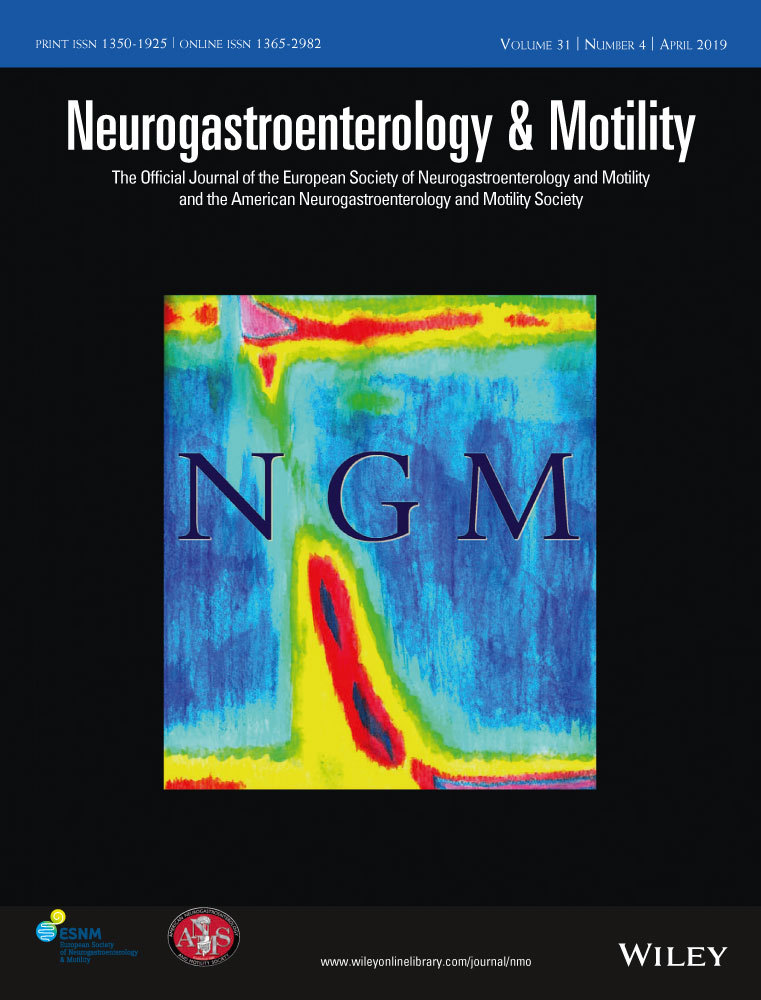Prospective study evaluating immune-mediated mechanisms and predisposing factors underlying persistent postinfectious abdominal complaints
Funding information
GEB was funded by a KU Leuven university grant (Global Opportunities for Associations GOA 14.011). MMW is supported by a FWO postdoctoral fellowship (1248513 N). MVF is supported by a FWO PhD fellowship (1110019 N). LVO is a research professor funded by the KU Leuven Special Research Fund (Bijzonder Onderzoeksfonds, BOF).
Abstract
Background
The role of persistent immune activation in postinfectious irritable bowel syndrome (PI-IBS) remains controversial. Here, we prospectively studied healthy subjects traveling to destinations with a high-risk to develop infectious gastroenteritis (IGE) in order to identify immune-mediated mechanisms and risk factors of PI-IBS.
Methods
One hundred and one travelers were asked to complete questionnaires on psychological profile and gastrointestinal (GI) symptoms before travel, 2 weeks, 6 months and 1 year after travel. At each visit, blood was collected for PBMC isolation and rectal biopsies were taken. PI-IBS was diagnosed using the Rome III criteria and subjects with persistent postinfectious abdominal complaints (PI-AC) were identified using 3 GSRS symptoms (ie, loose stools, urgency and abdominal pain).
Results
Forty-seven of the 101 subjects reported IGE during travel. After 1 year, two subjects were diagnosed with PI-IBS and eight subjects were presented with PI-AC versus two subjects with IBS and two with abdominal complaints in the non-infected group. PBMC analysis showed no differences in T and B cell populations in subjects with PI-AC vs healthy. Additionally, no differences in gene expression were observed in the early postinfectious phase or after 1 year. Regression analysis identified looser stools, higher anxiety and somatization before infection and several postinfectious GI symptoms as risk factors for PI-AC.
Conclusions
The incidence of PI-IBS is low following travelers’ diarrhea and there is need for larger studies investigating the role of immune activation in PI-IBS. Psychological factors before infection and the severity of symptoms shortly after infection are risk factors for the persistence of PI-AC.
DISCLOSURE
No competing interests declared.




